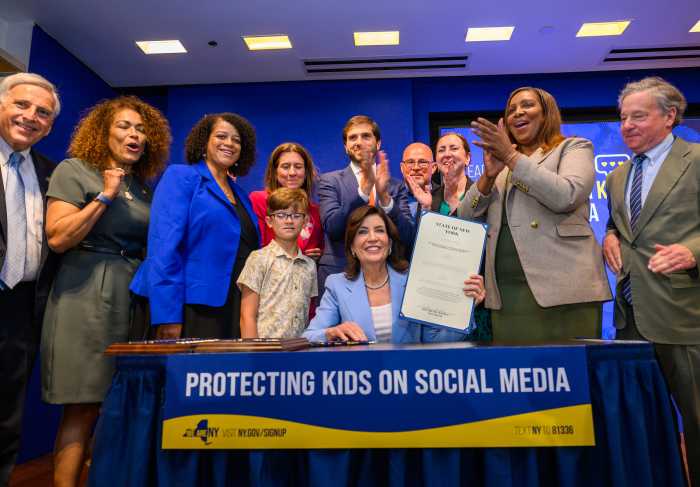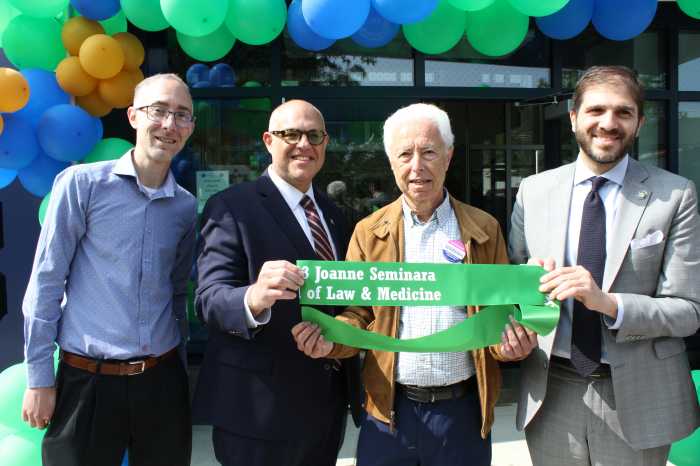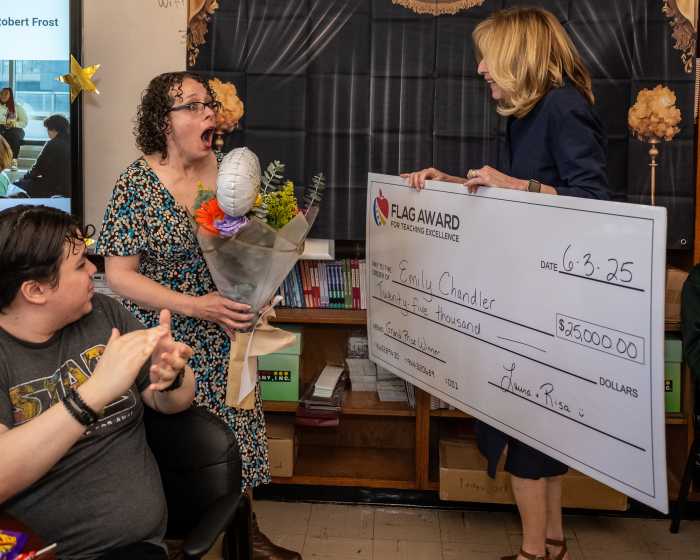“Above All, Be Kind.”
The title screamed to me from the sale rack and I picked it up. Zoe Weil was the book’s author, and “Raising a Humane Child in Challenging Times” was its subject.
I bought the book based on little else than those cover words, and I started reading it Rosh Hashanah morning, as I put together a little plan for our woodland walk and talk.
I read snippets and then came across a questionnaire at the end that aimed to help you “identify the ways in which you already live according to your values, explore what you need to learn to live better, and make tangible plans for achieving your goals.”
Wow. How perfect. Every year at this time, for all of my life, I have gone by the Jewish Calendar’s New Year and taken time out to make some resolutions, to ask myself the hard questions and try to come up with some answers. I want so much to pass this tradition on to my kids in my own modern way, in a way they will love, and really listen.
When I was a kid, I listened to the wind through the tall trees to help me sort things out. I remember sitting alone in the woods at the camp in the mountains my temple retreated to for the holidays. I remember taking in the questions asked of us about ourselves and our behavior by the congregant chosen to read, or the student rabbi we had brought in. Later, during the break, I would read and write and think, I would consider.
We drove to a favorite woodland walk in Long Island to do just such considering. I was armed with Ms. Weil’s book and “The Art of Communicating” by Buddhist Zen master Thich Nhat Hanh, along with drums, journals, pastels, and art paper.
We settled along some rocks by a beautiful pond and I gave them their journals, and followed Ms. Weil’s lead, asking my boys to name the qualities most important to them, how their life reflects those qualities fairly well, and how they might like to live their lives so as to reflect those qualities more deeply. I asked them what steps they might take to achieve those goals.
They paused after the questions, and then wrote. Maybe they scribbled penises or wrote curses at their strange mother for making them do this. But I had asked the questions, and given them time to consider, as I had intended. I didn’t ask them what they wrote.
We moved on to Thich Nhat Hanh, a Buddhist monk whose teachings I recently have discovered and appreciate. He created Six Mantras “to embody loving speech and let people know that you see them, you understand them, and you care for them.” He calls the sentences, practiced all together, a “magic formula” to bring about the miracle of happiness.
I read them aloud:
1. I am here for you. The words need to go along with the action of being truly present for someone you love.
2. I know you are there, and it makes me very happy. It is important to recognize the presence of someone you love. “Embraced by your mindfulness, the other person will bloom like a flower,” Thich Nhat Hanh so eloquently writes.
3. I know you suffer, and that is why I am here for you. Even if you can’t do anything, acknowledging the suffering of someone you love “helps the other person suffer less,” he writes.
4. I suffer, and I want you to know it. I am doing my best. Please help.
At number 4, I stopped, and asked them to write this last mantra down. I suffer, please help. It’s so important throughout one’s life, certainly in adolescence, to learn how to ask for help, to admit that you need others as much as you need trees and their life-giving oxygen to breathe.
5. This is a happy moment. Recognizing and appreciating moments in the present as happy moments despite their imperfections is crucial, Thich Nhat Hanh writes. “What are we waiting for to be happy?”
6. You are partly right. When anyone criticizes or praises you, this mantra comes in to play to maintain humility and show the acceptance of yourself as someone with many wonderful qualities and many weaknesses.
A little music, a little drawing, a quiet meditation focusing on our breath and our bodies, and we were finished with our first Fall Ritual.
As we headed back toward the car down the path, a huge monarch butterfly flew around us. Some say butterflies represent the never-ending cycle of transformation. It was a beautiful symbol to help us to soar into the new year.

























